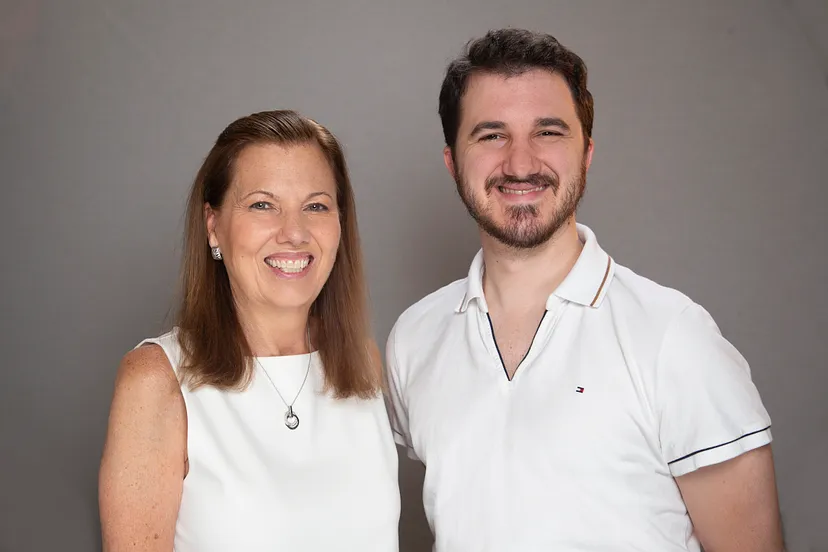“I wish I’d been more prepared for the ways that my relationship with my dad and my grandfather were going to change after they were diagnosed with dementia.” Merritt Treaster
When a close family member is diagnosed with dementia, it can be uniquely challenging for young adults to navigate this new reality. We are Nancy and Merritt Treaster. During Merritt’s 20’s, his father, age 60, was diagnosed with Frontotemporal dementia. His grandfather, age 85, was diagnosed with Alzheimer’s disease.
Merritt’s experiences led us to create this article to help other young adults.
He has distilled his thoughts on how to be better prepared into four essential tips for young adults facing a family member’s dementia diagnosis.
Tip 1. Do What You Can, Not What You Feel You Should
It’s crucial to assess your comfort level, know your boundaries and communicate them. One boundary could be what you are comfortable doing, another boundary might be how much time you are able to give to caregiving.
Merritt’s story:
When my mom asked me to watch my dad after he had become incontinent, I had to tell her that if watching him included changing his underwear, it was beyond my comfort zone.
Nancy’s story:
When I asked Merritt to care for his father without discussing the incontinence issue first he had to tell me he wasn’t comfortable with it, which put him in an awkward position. Thank goodness he was self aware enough to know that was a line he didn’t want to cross — and brave enough to say it! It’s better to have these conversations upfront and give friends and family members the opportunity to set their limits:
- It’s okay and even necessary to set boundaries.
- Regularly check in with yourself to adjust boundaries and avoid burnout.
- Communicate your limits clearly to your family members and caregivers.
- Balance family caregiving with living your own life / important moments of young adulthood.
Tip 2. Record As Much As You Can, Especially in the Beginning
Capturing memories of your loved one becomes increasingly valuable as the disease progresses. Consider:
- Collecting photos, voice recordings, and videos.
- Saving voicemails, even if they seem mundane at the time.
- Creating family video compilations or digital photo albums.
- Conducting informal interviews with your loved one about their life and experiences.
Tip 3. Accept That Your Relationship Will Change
The traditional parent-child or grandparent-grandchild dynamic will likely be reversed as the disease advances. Be prepared for:
- Uncomfortable transitions as roles shift.
- Taking on more responsibility for your loved one’s care.
- Emotional challenges as you adapt to these changes.
- Giving yourself permission to feel uncomfortable and acknowledge the normalcy of emotional discomfort.
Tip 4. Remember That the Person You Love Is Still There
As dementia progresses, it may become harder to recognize the person you knew. It’s vital to:
- Look beyond the surface changes and connect with the essence of your loved one.
- Understand that their ability to communicate may diminish, but their feelings for you remain throughout their progression.
- Be patient and present, allowing time for moments of connection when in their presence.
- Focus on emotional bonds rather than factual recall (like names or specific memories).
Facing a family member’s dementia diagnosis as a young adult presents unique challenges. By following these tips — setting boundaries, preserving memories, adapting to changing relationships, and maintaining emotional connections — you can navigate this difficult journey more effectively.
While the road ahead may be tough, you’re not alone. Seek support from others who have been through similar experiences. Don’t hesitate to reach out to support groups and/or professional resources.
Our goal in sharing our experiences and advice, is to better prepare young adults for the complexities of caring for a loved one with dementia, ensuring both the caregiver and the person with dementia receive the support and understanding they need.
If you have tips you think others would benefit from, please share them on our Facebook page.
For more on this topic listen to our podcast episode HERE
We’re all on this journey together.






Join the community